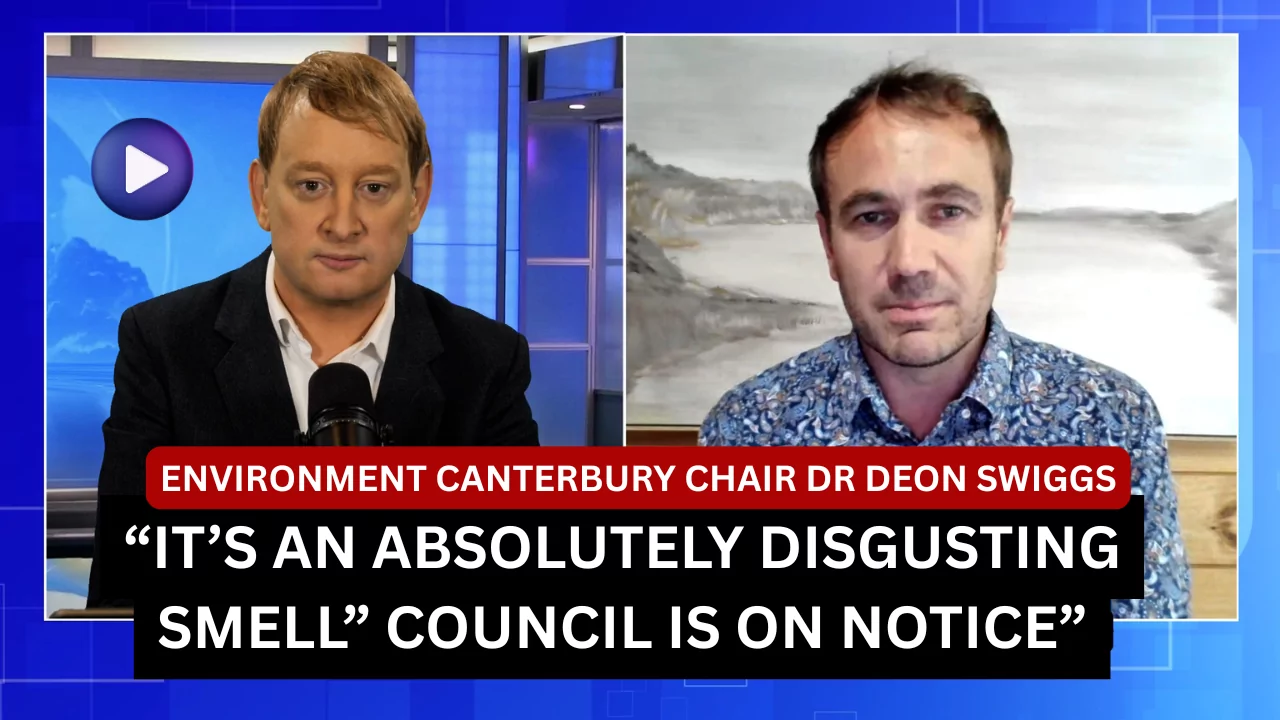Escaped youth tracked by Eagle helicopter, found hiding in New Brighton
The young person who escaped from a youth justice facility in Rolleston has been located...
Deputy Prime Minister David Seymour has defended his comments about spiritual practices in the Resource Management Act following criticism from Labour and the Greens.
Seymour said his concerns were based on specific examples, including a solar farm in Hawke’s Bay and an IKEA development in Auckland, where developers were required to stop work for karakia at various stages of the project.
“In the case of IKEA, there are seven different iwi groups who all kind of fight over who has real ownership or mana whenua status in Auckland. You have to wait for them to come along and basically down tools and wait for a karakia,” he said.
Seymour said the issue was not religion but the imposition of spiritual practices on practical processes.
“New Zealand is an enlightened society and we should not have to stop practical things for spiritual practices. That is what I said. Needless to say, all the usual suspects are deeply upset,” he said.
He said some of the backlash comes from what he described as a quasi-religious mindset.
“They have come to believe there is some sort of original sin and the way to atone is to carry out these practices. And if they do it wearing an enormously heavy piece of pounamu symbolising the weight of guilt they feel, then they can be delivered.”
Seymour confirmed that karakia ceremonies are often paid for.
“By and large, there is a fee. I am not against that. If you are going to require someone to be there then you probably should compensate them. I am just opposed to the whole thing completely.”
Speaking at a local government conference in Christchurch, Seymour said councils are burdened with years of regulatory complexity.
He gave the example of removing licensing requirements for hairdressers, which he said would save about one million dollars a year across the country.
“One of the mayors, Nick Smith, said thank you for that. It is 250 dollars per hairdresser and costs the council twice that to enforce.”
Seymour said larger reforms include changes to the Resource Management Act and temporary traffic management rules.
He also confirmed the Government will move to remove the four wellbeing provisions from the Local Government Act.
“You know no one is against those things. That is not the point. The question is, is it the council’s job? Is it the council’s job to teach people how to cook?”
Seymour said he had heard from a charity running cooking classes in the community which found itself competing with a council library offering the same thing.
“Cooking is very important. It is just not the job of the council.”
He questioned whether some council-led seminars, such as discussions about walkable cities, are a good use of rates.
“There is a consultation. It is called an election. Councillors have gone out and got elected by their neighbours. They should already know what the agenda is.”
Asked whether the Christchurch stadium could be seen as a social wellbeing project, Seymour said such projects rarely make economic sense.
“If it is such a good idea why do the people who benefit not pay for it? Every political leader since Roman times has been building stadiums and putting on bread and circuses to remain popular. I can give you the economic case why you should not do it but after 2000 years of this stuff in politics I hold limited hopes of stopping it.”
Seymour said benchmarking council performance will not solve everything but can give voters the information they need.
“If you know your council spends two billion dollars and nearby councils spend less, have less debt and fewer staff, then maybe that gives you reason to start asking why.”
He said benchmarking is not a solution on its own but can help voters make informed decisions.
On education, Seymour said open plan classrooms have failed because they weaken the role of teachers.
“The purpose of education is there is an adult in the room who knows more than the children and that adult’s job is to transfer the knowledge. It is not complicated.”
He said modern learning environments are based on flawed philosophies that leave students without structure and contribute to behavioural issues in schools.
“They were basically put there by a TED Talk and a PowerPoint presentation.”
Seymour acknowledged that open plan classrooms were introduced under a National-led Government.
“The good news is we no longer have a National Government. Now we have a coalition Government.”
He also responded to Labour leader Chris Hipkins who claimed the Prime Minister was not in control and that Seymour and Winston Peters were acting independently.
“Chris is a modern chief executive. He allows people to work together and play to their strengths. The idea that one person is supposed to be in control of another is quite old fashioned.”
Asked about his Regulatory Standards Bill, Seymour said recent criticism from officials was based on misunderstandings.
“All I have done is point out things that Land Information New Zealand should absolutely know about the bill before they criticise it.”
He said the bill aims to increase political accountability by requiring a consistency statement for any proposed law that would impact property rights, impose fees or restrict freedoms.
“If you can justify it you can make the law. If you cannot then you can still make the law but it might embarrass you.”
He said the bill would pass because all three coalition parties had committed to it.


